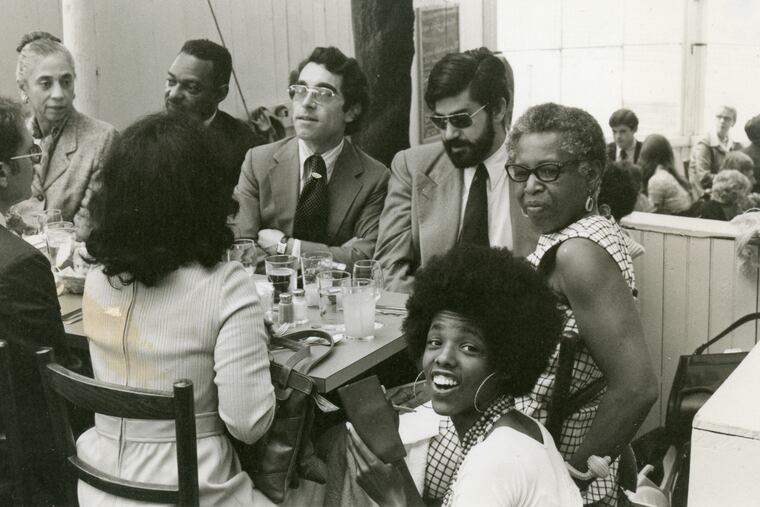My mother finally approved of me — on her deathbed | Perspective
As my mother lay dying at age 95, I sat by her bed trying to swallow resentment that burned my throat like coffee drunk too hot.

As my mother lay dying at age 95, I sat by her bed trying to swallow resentment that burned my throat like coffee drunk too hot.
“She’s got about a week,” the doctor said, in a quick visit.
I had spent a lifetime thirsting for Mom’s approval. Now it would never come.
Born in rural Spotsylvania County, Va., Mom had gone up to third or fourth grade in childhood. Spotsylvania had scant schooling for black children in the early 1920s. She earned her GED later, but education always held huge importance for her. Once settled in Philadelphia doing domestic work, Mom took lessons with a speech therapist for two years until she no longer had a Southern accent. Brown skin combined with that lilt would leave her mired in poverty, she feared.
Mom’s respect for book learning shaped my parents’ rearing of my brother and me. We would excel in class or else. When Mom heard about accelerated academic programs at Shaw Jr. High, a 40-minute bus ride from home, she got excited. But our elementary-school teacher, a white woman, warned Mom that my brother and I couldn’t hope to keep up with those accelerated classes at Shaw.
Mom’s enthusiasm hardened into commands. “You’ll study. You will do well.”
Make it we did, in those classes and later, in college and grad school. But academic achievements locked Mom and me in a bind. On the one hand, good grades pleased her. On the other they were never enough.
“I’m so happy!” I told Mom, when I got a master’s degree.
She shrugged. “Now you need a Ph.D.”
Mom also felt left behind, which tangled up feelings further. She found ways to cut down my accomplishments. When I had a sabbatical from teaching one semester, I set the goal of traveling 1,000 miles for every year of my life, 51 at that time. I hopped cheap flights to Peru, China, and Costa Rica, and did some long-haul trips in the U.S.
With cash from a summer gig, I took a poetry workshop in France. When I returned home, I invited Mom and a friend of hers to lunch to celebrate. Mom was unusually quiet until she said, “Connie, you just dropped lettuce in your lap.”
Now hope of approval receded with Mom’s life. I sat by her bed, angry and sad that a lifetime of courting her — taking her to the theater, to concerts, to museums, to high tea at the Four Seasons, on an overnight train ride in our own roomette, an experience unavailable to black folks in Mom’s youth — had come down to nothing.
I wept for the relationship we would never have.
But as I sat humming “Just a closer walk with thee,” one of Mom’s favorite spirituals, she stirred, opened her eyes, and spoke.
“I am delighted with you,” she said.
With those words, my mother blessed me with approval that I had resigned myself to never receiving. Her words changed my mind about how she had seen me all those years, that I was more than “an educated fool” to her. The words, among Mom’s last, startled me with a healing I thought would never happen.
This miracle may have had a bittersweet taste, but that moment at Mom’s bedside still flavors my days with gratitude.
Constance Garcia-Barrio, a Philadelphia freelance writer, is working on a novel based on the city’s African American history. Cgarcia-barrio@wcupa.edu.